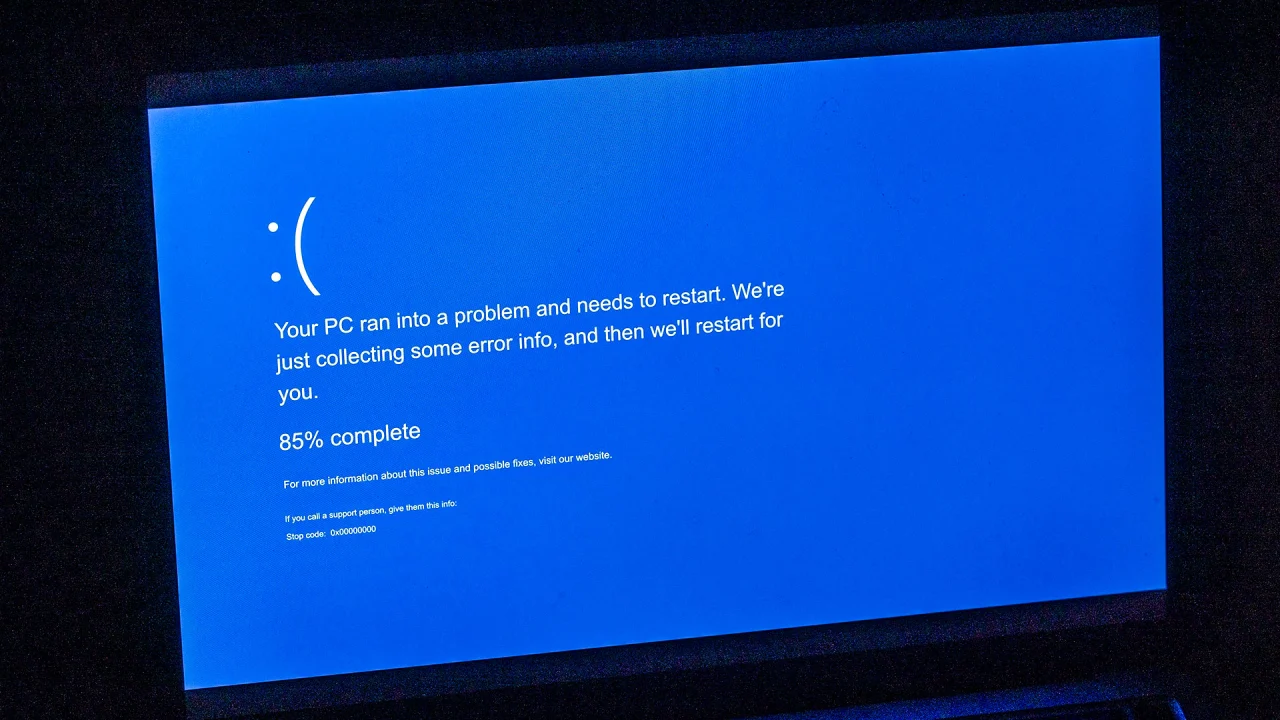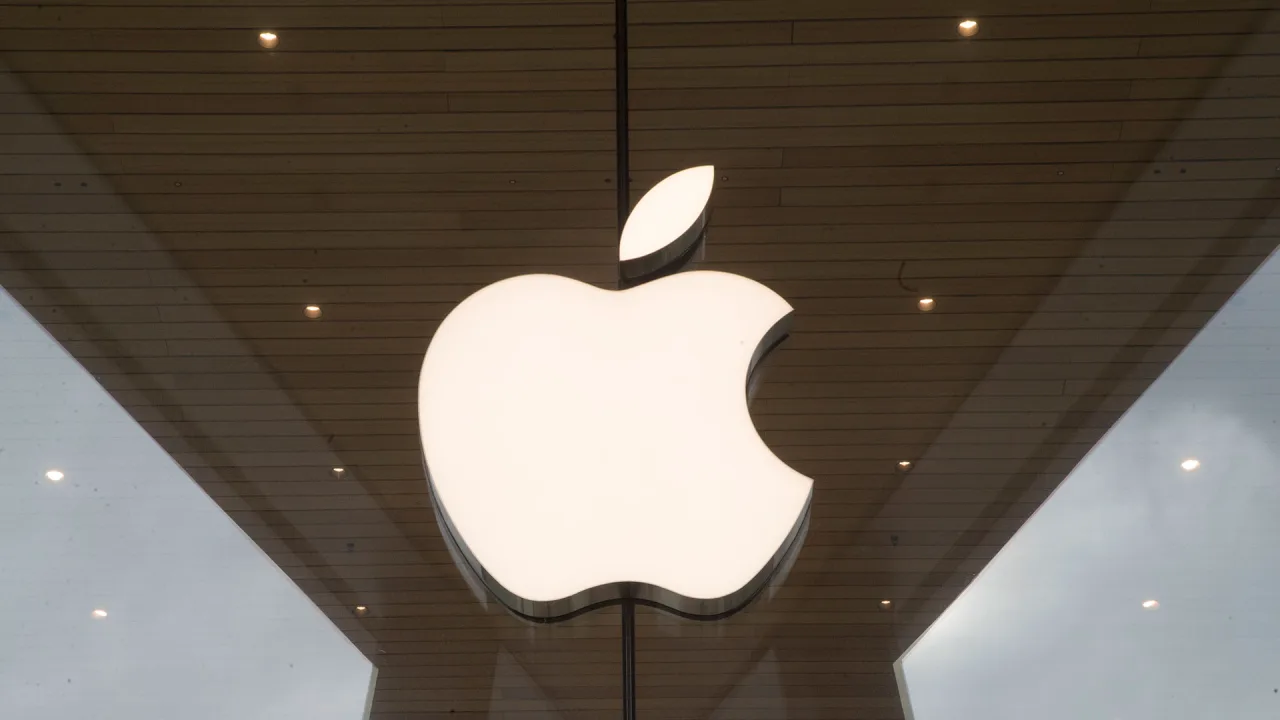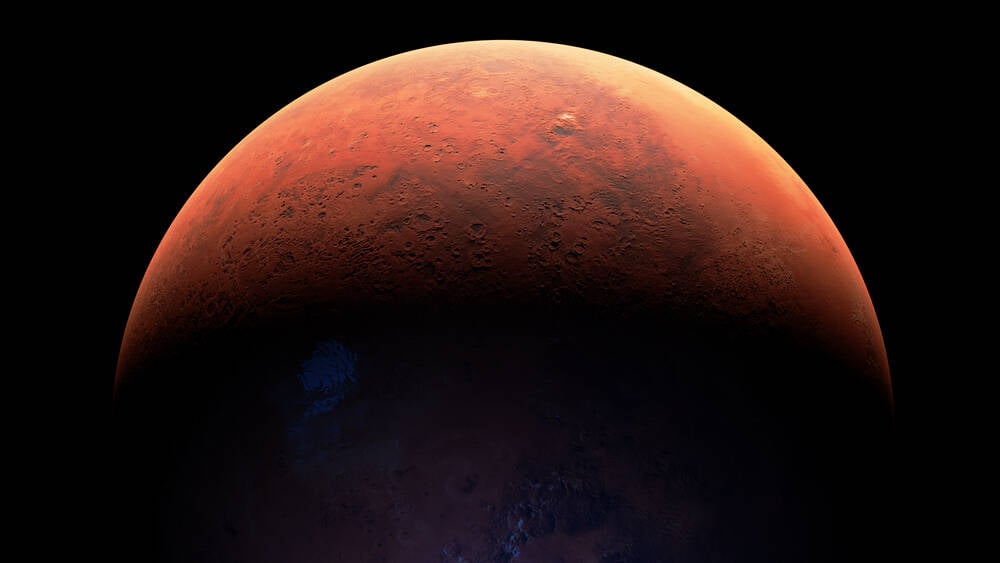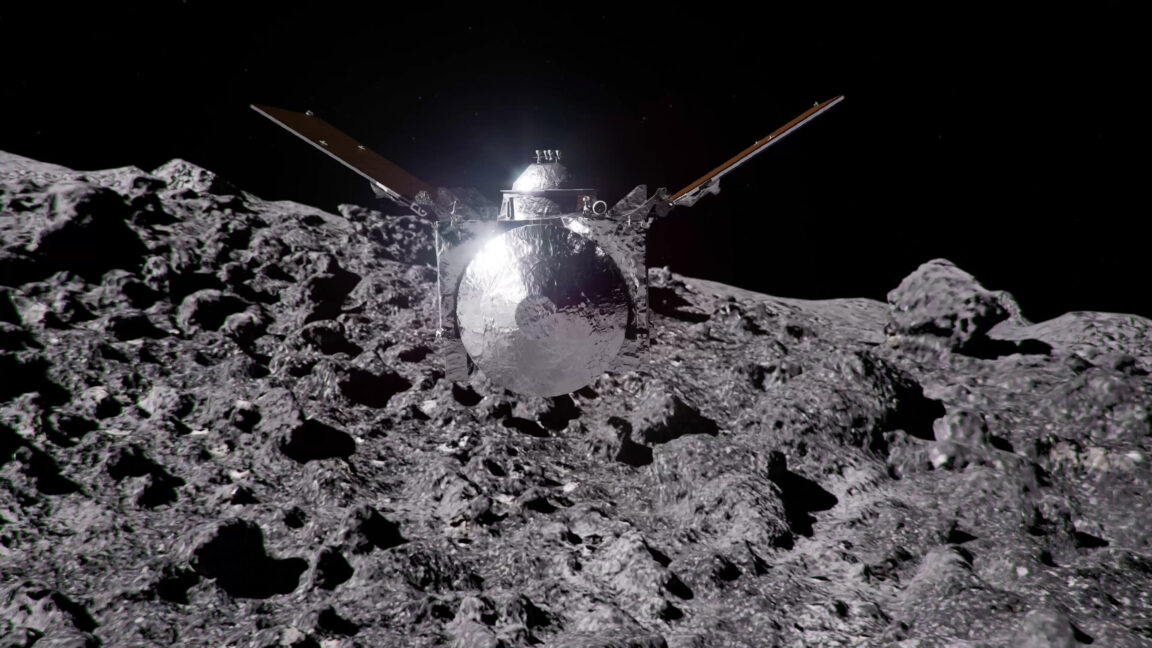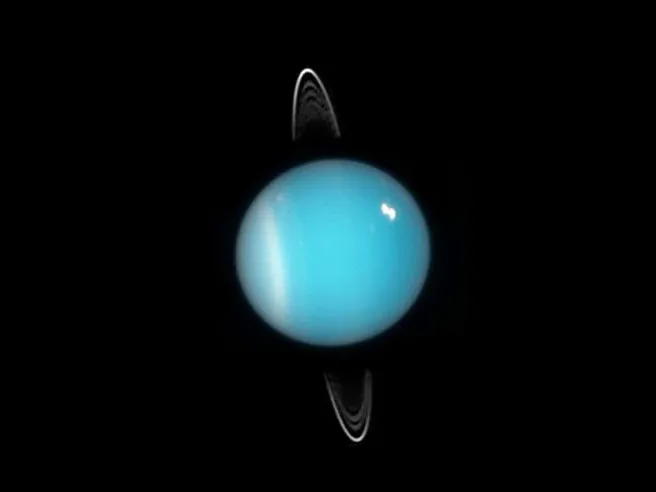Rocket Report: SpaceX’s dustup on the border; Northrop has a nozzle problem
NASA has finally test-fired the first of its new $100 million SLS rocket engines.
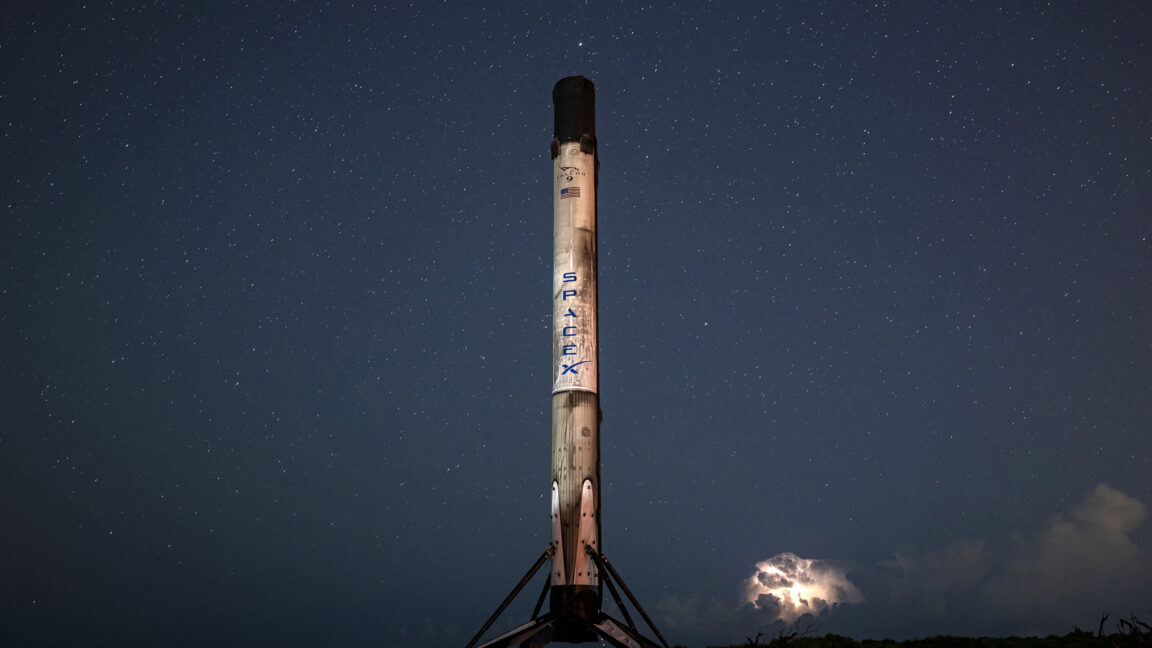
Welcome to Edition 7.50 of the Rocket Report! We're nearly halfway through the year, and it seems like a good time to look back on the past six months. What has been most surprising to me in the world of rockets? First, I didn't expect SpaceX to have this much trouble with Starship Version 2. Growing pains are normal for new rockets, but I expected the next big hurdles for SpaceX to clear with Starship to be catching the ship from orbit and orbital refueling, not completing a successful launch. The state of Blue Origin's New Glenn program is a little surprising to me. New Glenn's first launch in January went remarkably well, beating the odds for a new rocket. Now, production delays are pushing back the next New Glenn flights. The flight of Honda's reusable rocket hopper also came out of nowhere a few weeks ago.
As always, we welcome reader submissions. If you don't want to miss an issue, please subscribe using the box below (the form will not appear on AMP-enabled versions of the site). Each report will include information on small-, medium-, and heavy-lift rockets, as well as a quick look ahead at the next three launches on the calendar.

Isar raises 150 million euros. German space startup Isar Aerospace has obtained 150 million euros ($175 million) in funding from an American investment company, Reuters reports. The company, which specializes in satellite launch services, signed an agreement for a convertible bond with Eldridge Industries, it said. Isar says it will use the funding to expand its launch service offerings. Isar's main product is the Spectrum rocket, a two-stage vehicle designed to loft up to a metric ton (2,200 pounds) of payload mass to low-Earth orbit. Spectrum flew for the first time in March, but it failed moments after liftoff and fell back to the ground near its launch pad. Still, Isar became the first in a new crop of European launch startups to launch a rocket theoretically capable of reaching orbit.














![What Is a Markup Language? [+ 7 Examples]](https://static.semrush.com/blog/uploads/media/82/c8/82c85ebca40c95d539cf4b766c9b98f8/markup-language-sm.png)








































![[Weekly funding roundup June 21-27] A sharp rise in VC inflow](https://images.yourstory.com/cs/2/220356402d6d11e9aa979329348d4c3e/Weekly-funding-1741961216560.jpg)





